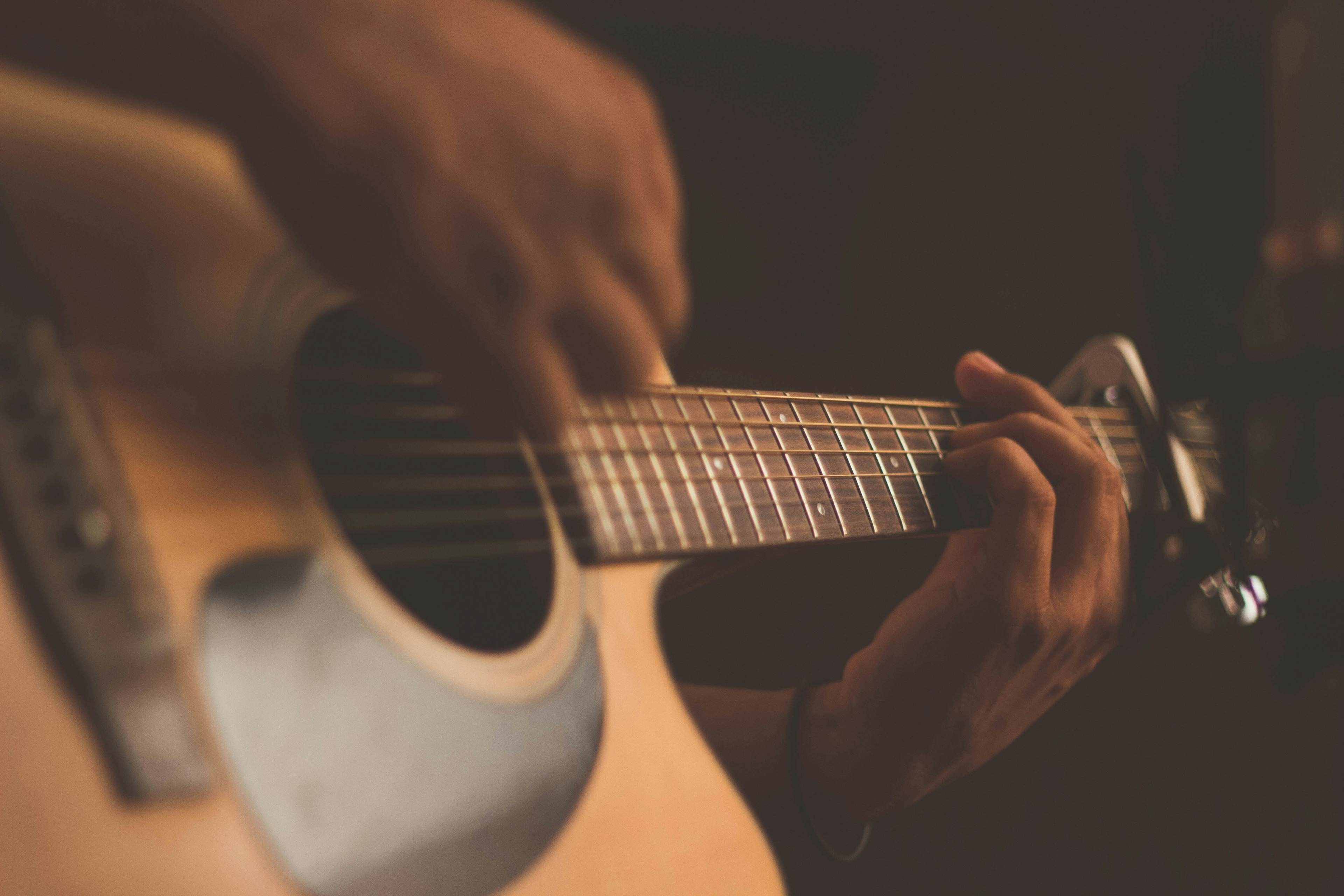This is how playing a musical instrument can improve your brain

Your child could be the next Einstein and Mozart all in one. Image: REUTERS/Jorge Adorno

Get involved with our crowdsourced digital platform to deliver impact at scale
Stay up to date:
Arts and Culture
Popular ideas, such as the “Mozart effect” – the idea that listening to classical music improves intelligence – has encouraged the belief that “music makes you smarter”.
This interest in the relationship between musical aptitude on ability and intelligence has been around for some time. But despite these beliefs being pretty widespread, there is still no conclusive evidence to actually prove that listening to certain types of music really can improve your intelligence.
In 1974, music researchers Desmond Sergeant and Gillian Thatcher said that:
All highly intelligent people are not necessarily musical, but all highly musical people are apparently highly intelligent.
And “apparently” is the key word here, because the evidence regarding musical listening in itself is mixed. Research has shown that listening to music shows an improvement in certain kinds of mental tasks. But these are specifically short-term improvements involving “spatial-temporal reasoning” skills – puzzle solving type tasks.

Listening vs playing
But while listening to music is all well and good, what about actually playing it? Research that focuses on how or if playing a musical instrument can impact on intelligence, often looks at how learning in one area can lead to improvements in other areas – an idea known as “transfer effects”.
This is the idea that learning to play the violin, or the drums, could help children to do better in their spellings or a science project. And this is in part the reason why some parents naturally encourage their children to learn an instrument – because of a belief that it will in some way make them more intelligent.
While some studies have shown how musical training can shape brain development. And that improvements in small motor skills and general intelligence have been linked to musical training. A recent review suggests that actual evidence supporting this idea of “transfer effects” is limited at present.
But despite these finds, there is still a wealth of evidence suggesting musical learning is beneficial. And with this in mind, drawing from my experience as a professional musician (drummer), music teacher and performing artist, I decided to investigate the effects of individual musical instrument learning on aspects of cognitive and behavioural development.
I also looked at the impact on “socio-emotional” development, which includes the child’s experience, expression, and management of emotions, as well as the ability to establish positive and rewarding relationships with others.

All the children who took part in the study had typical school group music lessons, but half of them had also chosen to learn an instrument individually for the first time that year.
The results showed that children who had started individual music lessons developed a better awareness of their “aim” and “force” in relation to their own motor skills as well as improving their “fluid intelligence” – which is the ability to solve new problems, use logic in new situations, and identify patterns.
This suggests that musical instrument learning encourages the development of a physical sense of self in relation to the how we use objects in the world around us, as well as developing a specific kind of intelligence that is used in problem-solving.
Music and social development
As part of my research, I also wanted to understand whether parents and teachers noticed any changes over the year in terms of the children’s socio-emotional well-being. The results showed that the children who had chosen to learn an instrument were considered by both their parents and teachers to be less anxious than those who had received only group lessons.
These children were also thought to internalise their problems less compared to the children who had only received the group sessions.

This is also reflected in my research looking at adult musicians, who explained that the “social structures” surrounding musical learning are the bits that they most appreciate, and have had the biggest impact on their lives.
This includes the opportunities to travel, the exchanges of culture among friends around the world, and their ongoing ability to be foster creativity in their lives through music.
Musical learning
It is clear then that music can have a big role to play when it comes to children’s learning. Not necessarily just in terms of intelligence, but also in term of their physical development and social well-being.
Research also shows how musical learning can help children to apply themselves, as well supporting the processes involved in teamwork and appreciation of working towards shared goals.
Valuing music education includes nurturing the development of these abilities, and these skills and mindsets. Which is why developing a culture of creativity and musical learning in our schools should be a key part of children’s lives.
Don't miss any update on this topic
Create a free account and access your personalized content collection with our latest publications and analyses.
License and Republishing
World Economic Forum articles may be republished in accordance with the Creative Commons Attribution-NonCommercial-NoDerivatives 4.0 International Public License, and in accordance with our Terms of Use.
The views expressed in this article are those of the author alone and not the World Economic Forum.
Related topics:
The Agenda Weekly
A weekly update of the most important issues driving the global agenda
You can unsubscribe at any time using the link in our emails. For more details, review our privacy policy.
More on Arts and CultureSee all
Joseph Fowler and Amilcar Vargas
April 18, 2024
Robin Pomeroy and Sophia Akram
April 8, 2024
Faisal Kazim
April 3, 2024
Robin Pomeroy and Linda Lacina
March 28, 2024






